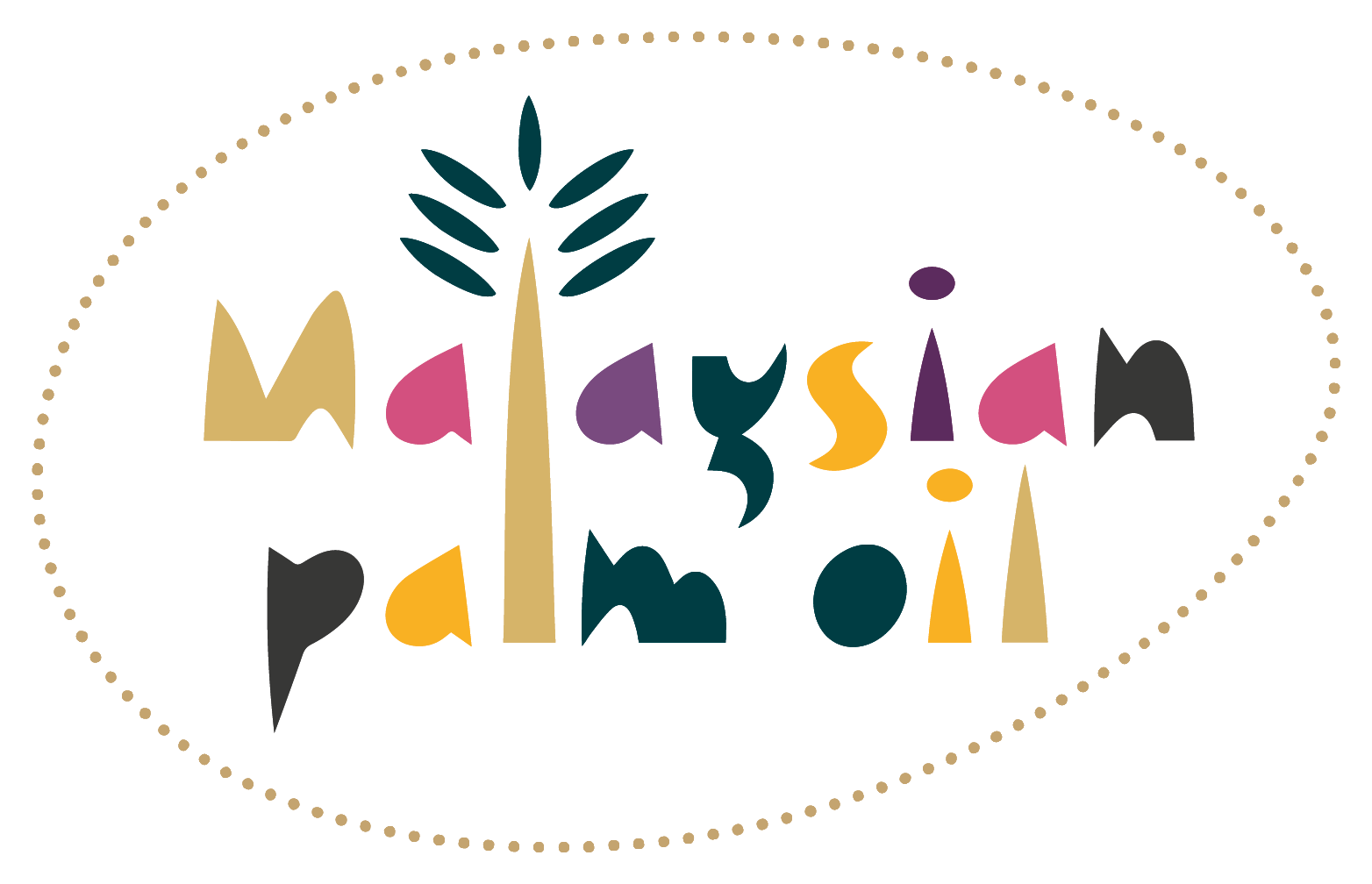This past week marks another milestone in Malaysiaâs journey of labour rights reform.
On Thursday, the U.S. Customs and Border Protection (CBP) announced that they were lifting the Withhold Release Order (WRO) on Sime Darby Plantation (SDP), one of the largest producers of palm oil in Malaysia, following an extensive review of their practices.
The U.S. CBP notes, âSime Darby Plantation has provided additional information to CBP, which CBP believes establishes by satisfactory evidence that the subject palm oil and derivative products are no longer mined, produced, or manufactured in any part with forced labor.â
The Malaysian palm oil sector has committed strongly to reforms and improvements in labour rights standards and practices in recent years. This has taken place alongside, and in partnership with, the actions of Malaysian authorities â such as the National Action Plan on Forced Labour (NAPFL).
Malaysian industry leaders have also sought to engage with international organisations including the International Labour Organization (ILO), foreign governments including the EU and U.S., and many NGOs operating in the labour and human rights space.
This engagement and commitment across the Malaysian palm oil sector, has led to real and sustained changes to reduce the risks of forced labour, exclude bad actors, and align with international standards, including:
- New MSPO standards for forced or trafficked labour that are directly aligned with the International Labour Organizationâs 11 indicators of forced labour. This is an absolutely critical change for the standards, as they form the basis of how many multilateral organizations and governments view forced labour
- Specific requirements on how contracts are administered between employees and employers, with specific provision for contracts that must be fair, have been agreed by both parties, that have been provided in the language of the employee â and copies of the contract must also be provided
- A new Responsible Employment Charter that commits all members of the Malaysian Palm Oil Association (MPOA) to a binding set of commitments on labour rights, including:
- Prohibition on recruitment fees charged to jobseekersNo retention of workersâ passports or similar restrictions on freedom of movementActively supporting workers joining trade unions and other worker organisations
- Publicly-available Corrective Action Plans (CAPs) as a means to address any future labour violations
- Reimbursement of recruitment fees for foreign workers, due to concerns around debt bondage and exploitation by unscrupulous agents
- Ratification of the ILO Protocol 29 on Forced Labour, committing Malaysia to preventing, criminalising and prosecuting forced labour
Confirmation of Progress from U.S. Department of Labor
Recently, the U.S. Department of Labor, Office of Child Labor, Forced Labor, and Human Trafficking (OCFT), lauded the progress the Malaysian Palm Oil sector has made to address concerns around fair labour practices, writing, âWe applaud the industry-wide efforts taken in Malaysia to address child labor and forced labor in the palm oil industry. In March and April 2021, OCFT participated in meetings with the Malaysian Palm Oil Certification Council, facilitated by the Embassy of Malaysia, on the revision of Malaysian Sustainable Palm Oil (MSPO) certification standards. We are glad to hear of the revised standards targeted at eliminating risks of forced labor. We also acknowledge the Malaysian Palm Oil Associationâs commitment to its new Responsible Employment Charter, the MSPO Principles & Criteria related to labor, and support of the Malaysian Governmentâs National Action Plan on Forced Labor.â
